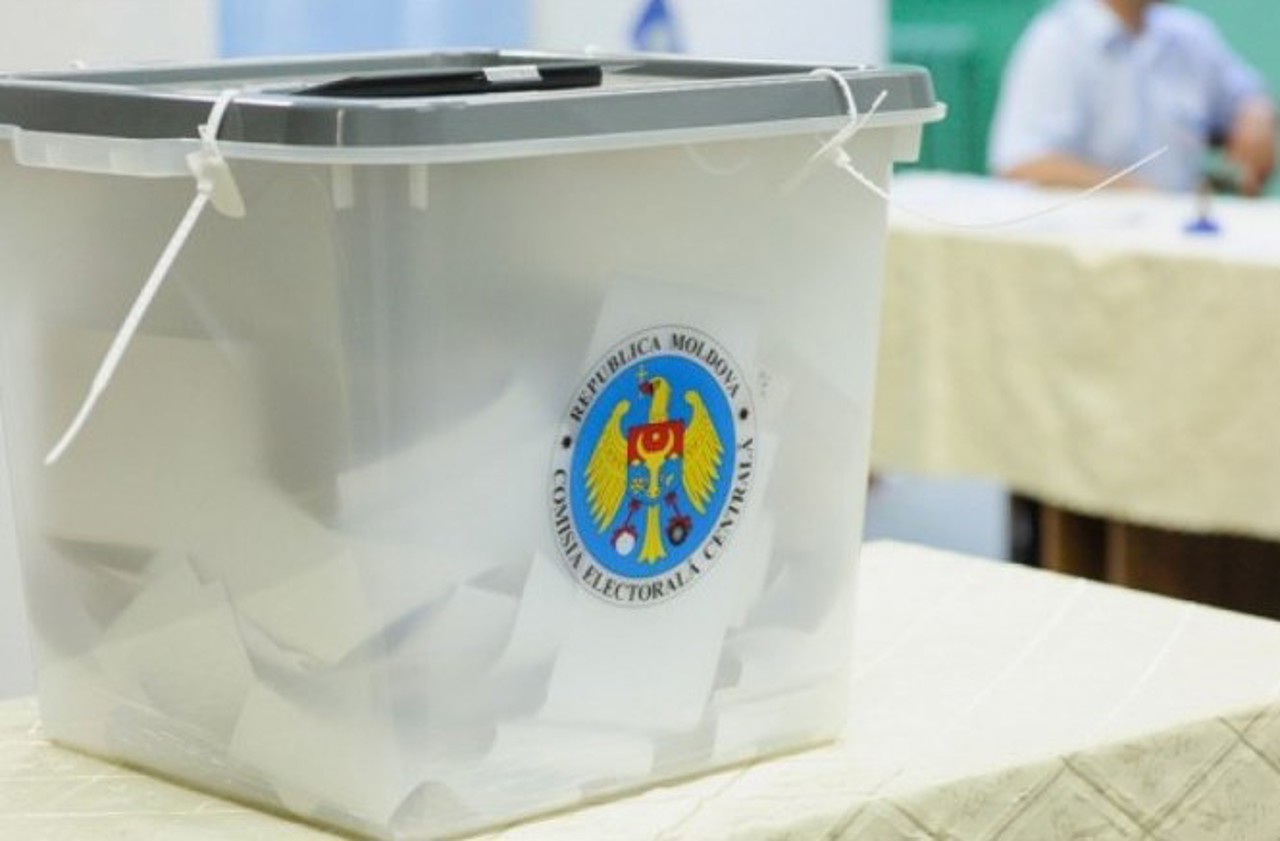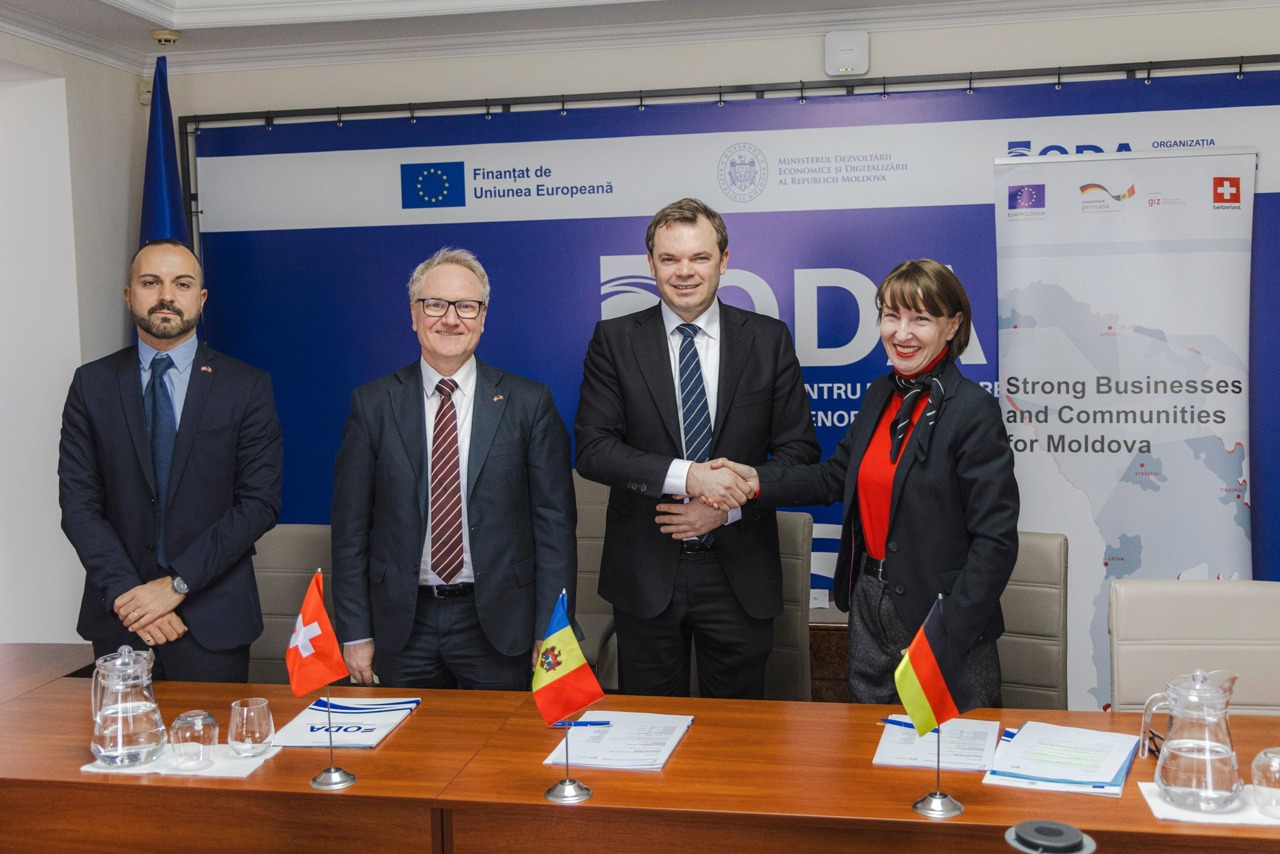EU migration plan: Fragile truce
After years of internal discord, the European Union (EU) has crafted a nascent migration policy framework.

The June 2023 agreement represents a delicate first step in tackling the bloc's chronic challenge of managing asylum seekers and irregular migration.
The shadow of the 2015 migrant crisis, where over a million refugees sought refuge in Europe, continues to loom large. Former German Chancellor Angela Merkel's declaration, "Wir schaffen das" ("We can do it"), became a rallying cry for proponents of an open-door policy. However, many Central and Eastern European nations fervently resisted mandatory quotas and relocation schemes.
The new policy seeks to bridge this chasm by balancing flexibility with responsibility. Although Member States retain the authority to designate certain third countries as "safe" for returning asylum seekers deemed ineligible, the definition of "safe" has been relaxed. This empowers frontline states like Italy, often laden with arriving migrants, to return individuals to "transitional countries" like Tunisia, potentially alleviating their immediate pressure.
However, the reintroduction of a migrant quota system, a core element of the agreement, has rekindled tensions. Member States will share responsibility for processing and welcoming a predetermined number of asylum seekers arriving at entry points like Greece, Italy, and Spain. Non-compliance entails a hefty "financial contribution" of 20,000 euros for each un-relocated person, labelled a "fine" by some, including Poland.
Beyond political discord, concerns have been raised regarding the potential impact on vulnerable groups. Germany and others urge excluding children and unaccompanied minors from the quota system, emphasising the need for humanitarian considerations.
The path forward remains uncertain. Negotiations with the European Parliament and Commission are necessary before the entire legislative package can be finalised. With European elections looming in June 2024, immigration is poised to be a contentious issue across all 27 Member States. Whether the new policy can withstand the inevitable political pressures and effectively address the multifaceted realities of migration remains to be seen.
Translation by Iurie Tataru




